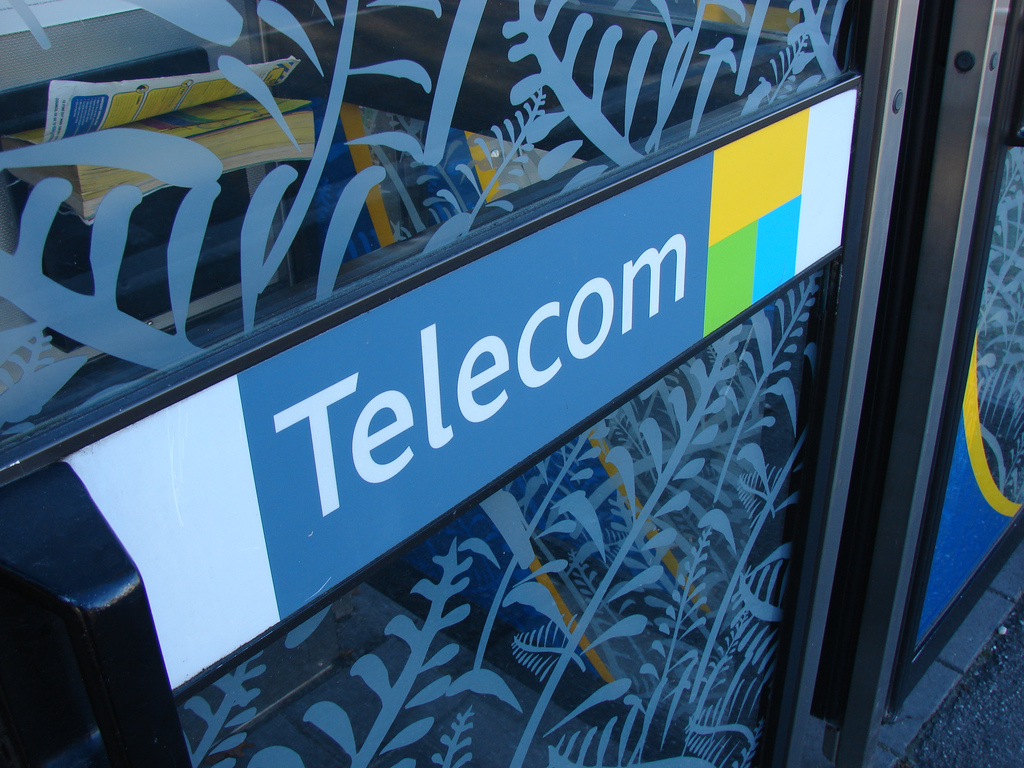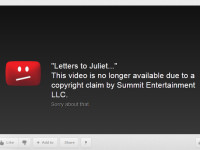In today’s communications driven world, no one collects as much information about its customers as telecom companies. As subscribers increasingly rely on the same company for Internet connectivity, wireless access, local phone service, and television packages, the breadth of personal data collection is truly staggering.
Whether it is geo-location data on where we go, information on what we read online, details on what we watch, or lists identifying with whom we communicate, telecom and cable companies have the capability of pulling together remarkably detailed profiles of millions of Canadians.
My weekly technology law column (Toronto Star version, homepage version) notes that how that information is used and who can gain access to it has emerged as one the most challenging and controversial privacy issues of our time. The companies themselves are tempted by the prospect of “monetizing” the information by using it for marketing purposes, law enforcement wants easy access during criminal investigations, and private litigants frequently demand that the companies hand over the data with minimal oversight.












